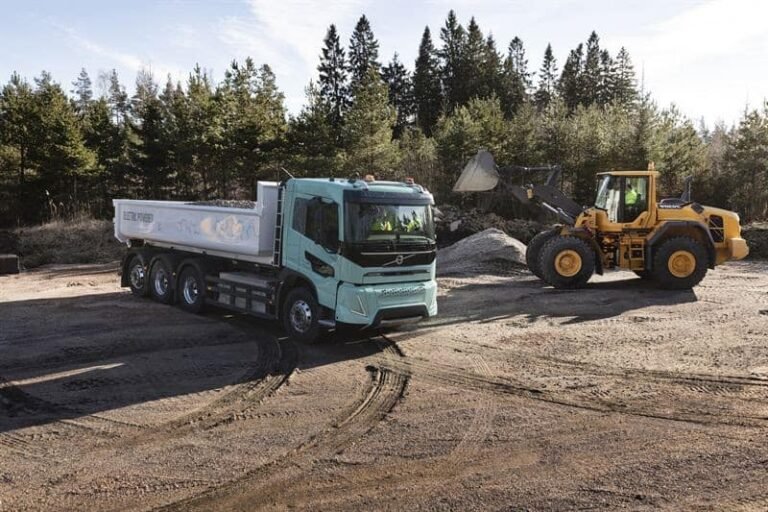But don’t look for loads of battery-powered earthmovers or dump trucks anytime soon. The plan is to trial a small number of future electric vehicles with a few selected customers in Europe.
“We see great potential for heavy-duty electric trucks for regional transport and construction in the long term,” Roger Alm, president of Volvo Trucks, said in a statement.
The concept trucks are designed to explore and demonstrate different solutions for the future while assessing market interest. In other words, Volvo needs an expanded, robust, fossil fuel-free electric infrastructure and financial incentives to move beyond typical vehicles.
Alm said society should be willing to pay for vehicles with a smaller environmental and climate footprint.
The benefits are significant: reduced noise, no exhaust during increased operating hours, and improved air quality in cities with ongoing construction projects.
The use of electric-powered heavy trucks can reduce the overall climate impact of transportation because most freight transportation in European countries is regional.
“Europe has a huge number of trucks with an average annual mileage of 80,000 kilometres,” said Lars Martensson, Environment and Innovation Director at Volvo Trucks.
In 2018, Volvo delivered its first regional electric trucks in Europe.
Volvo Group and Volvo Trucks North America will launch their drive of the Volvo Lights project in Southern California in early 2020, using electric-powered VNR day cabs for haulage operations to and from the ports of Los Angeles and Long Beach.
Rival Daimler Trucks sells its electric-powered Actros heavy-duty truck in Europe and has accumulated more than 20,000 miles of electric driving with demonstration versions of the heavy-duty eCascadia and medium-duty eM2 with two customers in Southern California. Other electric truck makers have plans for battery-powered delivery and regional transportation in the new year.
Martinson said the European goal faces challenges.
“Many transport operators have very small profit margins, so every new investment must be profitable,” said Martensson.
This means efficiency improvements in diesel combustion engines and alternative fuels will continue to play a major role in long-haul truck transportation for many years to come, he said.





